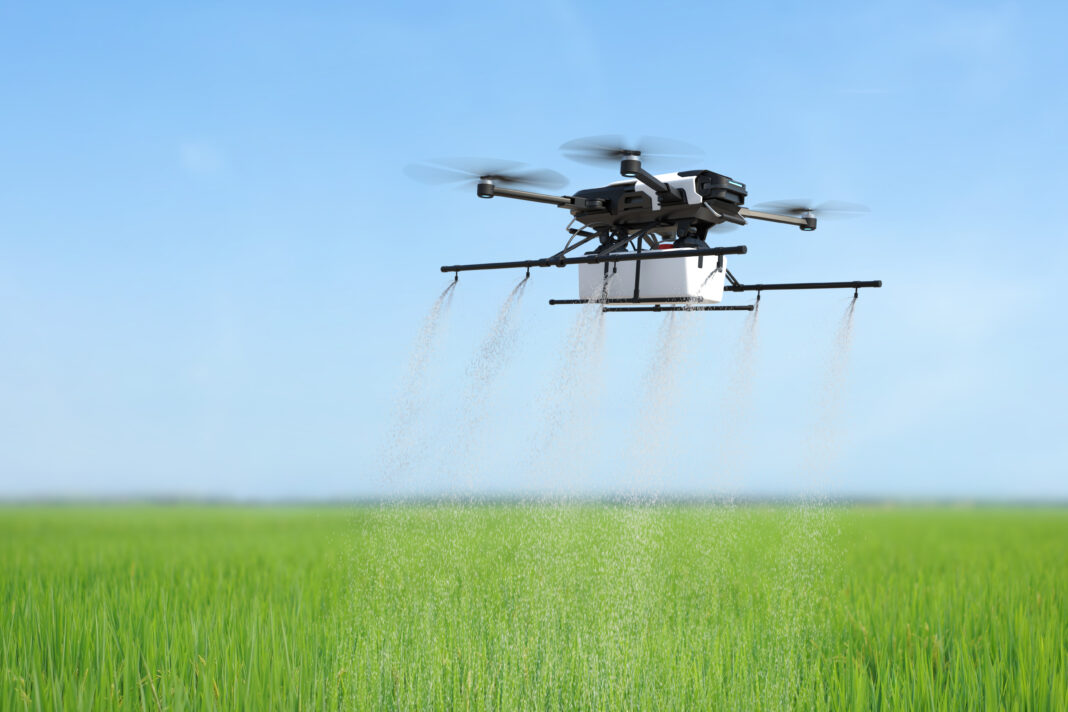Pesticides and toxins have no place in your dog’s body, yet many people unknowingly feed them to their dogs through kibble. Some kibbles contain genetically modified ingredients that are often grown with herbicides and pesticides. While GMOs have been a topic of debate for years, their safety is neither guaranteed nor disproved, and much of the research comes from the companies that manufacture them. Therefore, it is difficult to know what is safe or not.
What Foods Are High In Pesticides?
In general, it is advisable to avoid feeding your dog food that is likely to contain high levels of pesticides and herbicides, such as non-organic almonds, apples, oats, peppers, soy, sunflowers, wheat, millet, kale, corn, collard, canola, beets, beans, and spinach. However, not all companies that grow these products use GMOs, so it’s essential to check the label of the food you buy.
Why Glyphosate Is Bad For Dogs?
Glyphosate is one of the chemicals used in pesticides that can be harmful to your dog. This chemical is sprayed on plants and taken up by them, making it impossible to wash off. Most GMO crops are high in glyphosate, but non-GMO crops such as grains and legumes can also contain it as they are sprayed with it as a ‘desiccant’ to hasten the harvesting process. Glyphosate can cause cancer, liver and kidney damage, harm the gut and lead to leaky gut, and have other harmful effects on your dog’s health.
Another harmful toxin to look out for is Bt toxin, which is a genetically engineered toxin found in corn and soy. This toxin is toxic to insects, which is why it is used on plants. However, it is harmful to dogs and can cause digestive issues, eye irritation, lung damage, endocrine disruption, and food poisoning.
Why You Should Avoid Feeding Your Dog Kibble?
Kibble, particularly grain-free kibble, tends to contain more fillers like corn and soy, which increase glyphosate levels. Therefore, it is best to avoid strictly feeding your dog kibble and instead opt for canned, raw, and cooked foods. Fresh, whole food, dehydrated and freeze-dried foods are also excellent options for your dog’s health. It is crucial to read the label of the food you purchase and identify what is good and what is not for your dog.
In conclusion, feeding your dog fresh, whole foods and avoiding kibble containing pesticides and toxins is a healthy choice. Do your research before making any significant decisions, and your dog will thank you!

